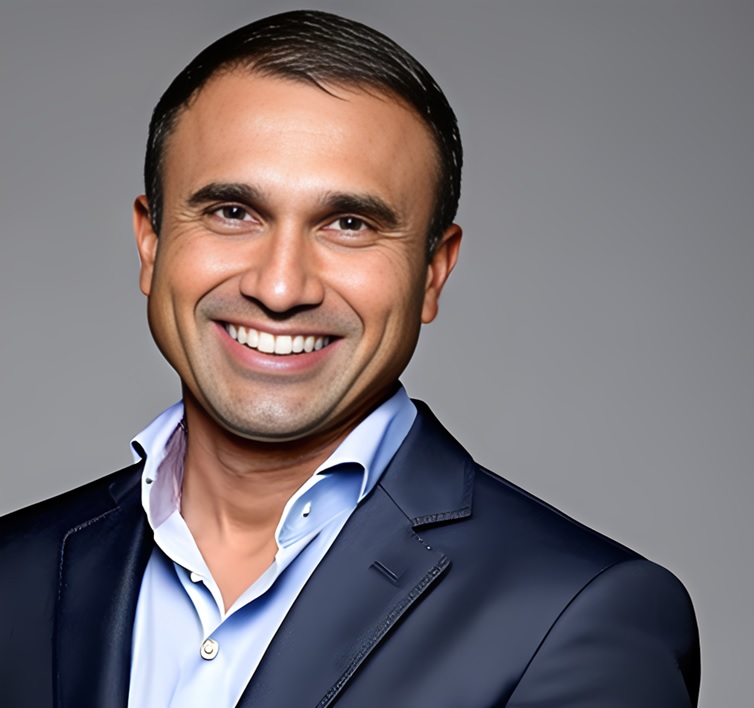Munjal Shah Explains His Vision for AI-Assisted ‘Superstaffing’ at HLTH 2023
At the recent HLTH 2023 conference, Hippocratic AI CEO Munjal Shah outlined his vision for how artificial intelligence can help alleviate worldwide healthcare staffing shortages through a concept he calls “understaffing.”
HLTH, held October 8-11 in Las Vegas, featured discussions and presentations from healthcare executives, investors, and professionals. With advancements in generative AI like ChatGPT dominating headlines, it’s no surprise the conference centered heavily on potential AI applications in healthcare.
During the “There’s No ‘AI’ in Team” panel, Munjal Shah argued staffing shortages represent a prime opportunity for AI augmentation. He doesn’t believe diagnostic applications are ready since AI risks potentially dangerous mistakes. However, AI could fill gaps in nondiagnostic care like nursing, scheduling, and dietitian services.
Shah noted the World Health Organization projects a global shortage of 10 million health workers by 2030. He said generative AI is “the key to closing this staffing gap and ensuring that more people can receive a level of high-quality, comprehensive care that’s never existed.”
What Shah calls “understaffing” means leveraging AI to provide staffing at a scale no human workforce ever could. For instance, AI nurses, costing just $1 per hour, could provide services like post-discharge follow-ups that human nurses simply don’t have the time for.
The goal is to use AI to supplement human capabilities, allowing more people to access care. As Shah wrote on LinkedIn, understaffing means “generative AI and large language models (LLMs) working alongside health care workers of all kinds to fill the staffing gap.”
Crucial to this human-AI collaboration is proper training of the AI systems. Hippocratic AI has hired thousands of medical professionals to test LLMs and ensure they respond on par with human experts. The AI learns through reinforcement, with humans giving feedback when responses are poor.
Shah said overtraining LLMs on authoritative health sources, combined with extensive human feedback, is critical to developing trustworthy systems. The panel agreed effective AI solutions require both human and machine input.
A recent JAMA study found that ChatGPT responses to patient questions scored higher than physician responses in measures of quality and empathy. Shah said conversational ability makes generative AI ideal for patient interactions. It can also synthesize information from many documents in ways specialized classifier AI cannot.
Some applications Hippocratic AI explores include explaining insurance benefits, providing genetic counseling, delivering test results, and answering surgery questions. The human-like conversational ability allows AI to replicate the empathy we expect when talking to a nurse or doctor.
In Shah’s view, AI holds immense promise for filling urgent healthcare staffing needs if implemented carefully and transparently. With proper training and oversight, AI could provide comprehensive, low-cost care at a global scale not possible for human workforces alone. This symbiotic “understaffing” approach allows AI to augment human capabilities, reaching underserved populations and improving healthcare access and equity.





